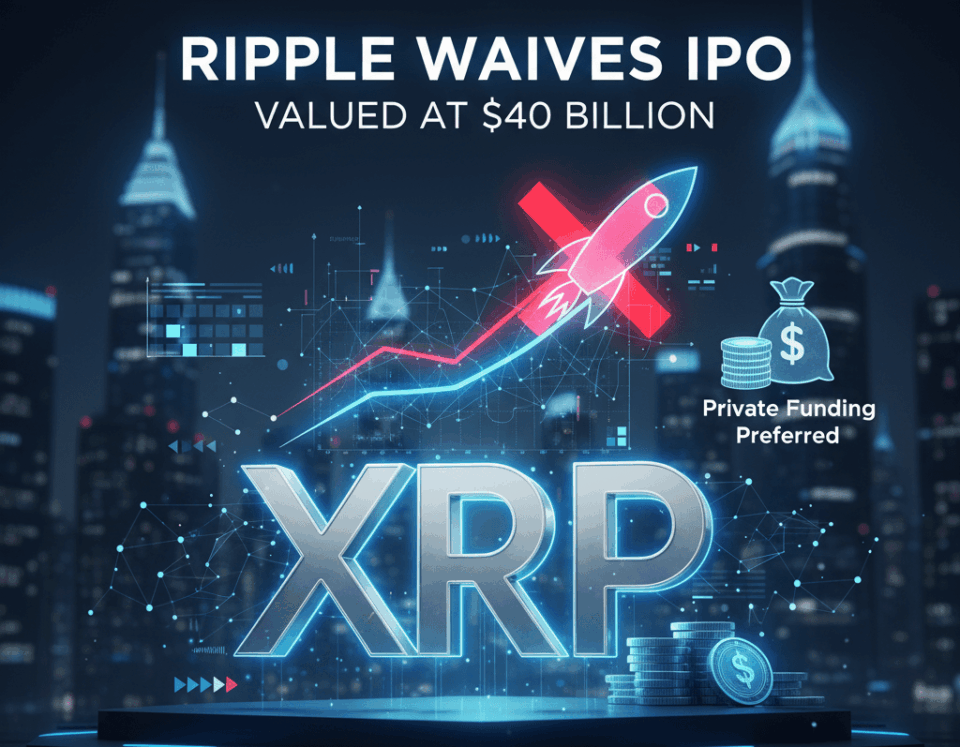Ripple has decided not to proceed with its initial public offering (IPO). This decision comes after the conclusion of its prolonged legal dispute with the U.S. Securities and Exchange Commission (SEC). Despite an estimated $40 billion valuation, company president Monica Long has confirmed that the company has no plans or timeline to go public.
Monica Long told Bloomberg that Ripple has sufficient funding. This allows it to support its growth and strategic objectives without the need to raise funds through an IPO. This decision ends years of speculation, as several Ripple executives had previously hinted that an IPO was likely. The company faced a $1.3 billion lawsuit from the SEC in late 2020. This lawsuit was officially dropped earlier this year.
Ripple remains a private company and does not disclose its annual financial results. However, market analysis firm CB Insights estimates its revenue for 2024 to be around $1.3 billion. Although Long did not confirm this figure, she stated that Ripple doubled its customer base in 2024. This growth was driven by the increasing adoption of its stablecoin RLUSD and clearer global regulation.
Why Does Ripple Prefer to Remain Private With a $40 Billion Valuation?
Long’s statements coincided with the announcement of a $500 million strategic funding round. This was led by major institutional investors such as Citadel Securities, Pantera Capital, Galaxy Digital, Brevan Howard, and Marshall Wace. This funding round comes after Ripple’s best year to date. During this period, the company launched a $1 billion share repurchase program, valuing it at approximately $40 billion.
Ripple stated that maintaining liquidity for shareholders and employees remains a key priority. It noted that it has repurchased over 25% of its outstanding shares in recent years. This demonstrates a commitment to flexibility and internal control. Despite CEO Brad Garlinghouse once stating that an IPO would be a “natural evolution” for the company, Ripple appears content to remain private for now.
Meanwhile, other major players in the cryptocurrency sector, such as Circle, Bullish, and Gemini, are set to go public in 2025. Ripple’s decision to forgo a Ripple IPO highlights a strategy that values operational independence and private funding capabilities over the complexities and public scrutiny of stock markets. The company’s economy is robust enough to sustain this choice.

